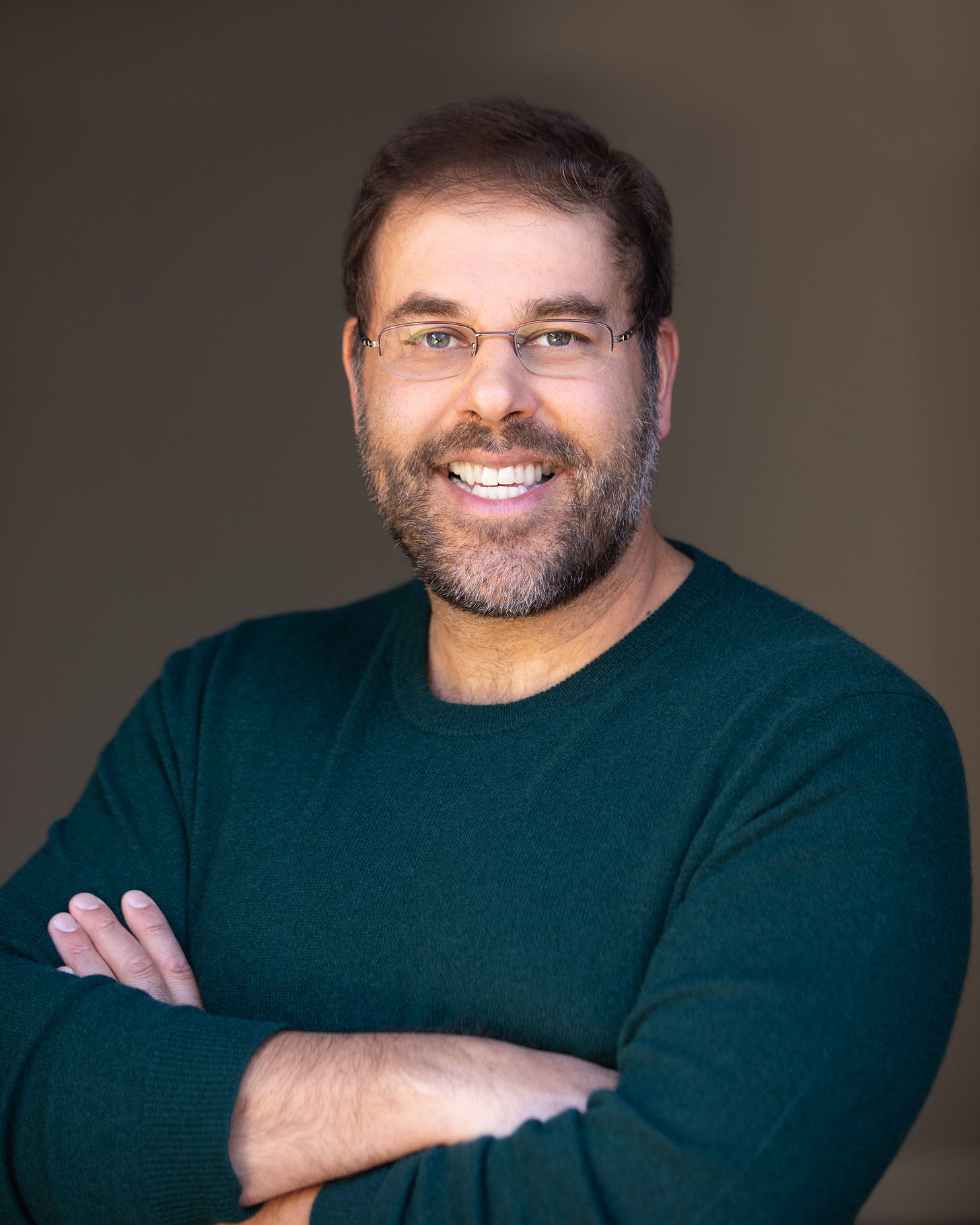Rescuing America’s Reputation
Trump damaged America’s global image—but citizen diplomacy can restore trust. It’s time for everyday Americans to reclaim the nation’s soft power and renew its democratic reputation abroad.
By Jeremi Suri
Since the Second World War, the United States has benefited from goodwill abroad. No country has spent more money on foreign aid and economic development. No country has helped write more foreign constitutions. No country did more to defeat fascism, communism, and militant forms of non-state terrorism. The United States has been the leading, albeit imperfect, force for democracy and prosperity in the post-war world. Millions of people understood this history and sought to work with Americans for this reason. The late Joseph Nye famously called this “soft power.”
Of course, many foreigners have criticized American ignorance, self-centeredness, and aggression. Citizens in Central America, for example, have felt the effects of repeated military interventions from the colossus of the North, often bolstering local strongmen. Southeast Asian families still suffer the damage from massive American bombings in Indochina during the 1960s and 1970s. Palestinians and other stateless people feel ignored by the United States, at best. To say that Americans earned a positive international reputation after the Second World War does not ignore the many places where Americans were seen, accurately, as destructive interventionists. We earned that criticism, too.
The stronger positive impression of Americans manifested itself in the almost unlimited foreign desire to study in the United States, visit its vast continent, and invest in its diverse businesses. Americans have been able to consume more than we make because people around the world buy our debt (treasury bonds) and our stocks. They finance us, asking for little interest in return, because they view the United States as a stable, reliable partner. American soldiers operate from bases on every continent because citizens across the globe trust us to protect them and not invade them. They multiply our armed strength and grant Americans privileges given to no other foreign military. American “soft” power pays enormous economic and military benefits.
Those benefits are rapidly disappearing. The current Trump administration has managed to frighten, alienate, and anger some of our closest and most valuable partners – in record time! The evidence is everywhere. The Wall Street Journal reports that foreign travel to the United States is down 6%. Flight bookings to the U.S. from Europe are down 12%. Foreign investment is declining, forcing the U.S. Treasury to offer higher interest rates on long-term bonds to attract increasingly reluctant foreign holders of American debt. Higher interest rates raise the cost of debt, taking resources away from domestic needs.
Traveling to four states during the last few weeks, I heard the same comments from businesspeople, diplomats, and Uber drivers. Fewer foreigners are visiting – hotels and restaurants are struggling. Fewer students and scholars are coming to our schools – the talent pool is narrowing. Fewer foreign businesspeople want to do business with Americans – long-term investment is scarce. And fewer diplomats and soldiers trust Americans to keep their word and act sensibly. We have gone from partner to pariah in a matter of months.
This has happened because Donald Trump has insulted and threatened the rest of the world while practicing extortion. He has promised to raise exorbitant tariffs on imports of all kinds if countries do not move their factories to the United States, even though we do not have the labor or know-how to accomplish this. He has talked of annexing Greenland, Gaza, and the Panama Canal – sovereign territories – like the worst conquerors of previous empires. And he has cuddled up to violent dictators while questioning long-standing security commitments in Europe, Asia, and elsewhere. Trump has made the United States look like a lying, selfish, militaristic bully. His election for a second time tells foreigners that his behavior is, at the very least, acceptable to the American electorate.
Most Americans, however, do not like Trump’s behavior toward foreigners – his on-again, off-again tariffs, his threats to sovereign nations, and his insults toward our friends, accompanied by praise for dictators. These are not the promises Trump was elected on, but now they are the image of the United States. He has hijacked the long-standing American brand.
Regardless of party preference, Americans must rescue our foreign reputation. We must show that the president does not represent our attitudes toward the rest of the world.
This is where true “citizen diplomacy” must emerge. We must all, as Americans, show that we are better than our president. We can do this by reaching out to foreign friends and partners and neighbors. Tell them that we value our relationships with them. We can do this by traveling abroad ourselves, showing others that we understand their discomfort with our current politics and that we wish to work harder to keep our connections alive. And we can rescue some of our reputation by forthrightly renouncing insulting behavior toward foreigners by the president and others.
Even Republicans who support some of Trump’s policies can admit that he is not representing who we are abroad. As one foreign ambassador said to me, our international friends have to see beyond Trump when thinking about America. We need to show up and show out who we really are as a society.
There is a long history of citizen diplomacy in the United States. During the nineteenth century, Americans supported foreign revolutionaries, like Lajos Kossuth in Hungary and José Martí in Cuba, despite presidents who refused to endorse them. During the twentieth century, Americans advocated for human rights, environmental justice, and religious freedoms around the world, even when our official policies were hesitant, at best. Citizens who marched, wrote, and volunteered built vibrant, enduring partnerships that improved the world. That must be our inspiration today. Diplomacy in our democracy comes from the people, not just the diplomats.
In a strange way, Trump offers Americans a golden opportunity to rescue our international reputation. If we can show the world that our people, including some Trump voters, are willing to defend long-standing partnerships and principles abroad, then we might regain respect. Our reputation is not solely owned by the president. Displaying our commitments, in spite of him, reveals the best of what makes us a vibrant, worthy democracy.
The world did not look to the United States because of our presidents. The world favored the United States for many decades because of our people – what they did and what they said.
The world observes us today with more anxiety and uncertainty than before. We must show up for them as engaged citizens. We must show them that we still care.
Also see in:
German, Turkish, Chinese, Spanish
Jeremi Suri holds the Mack Brown Distinguished Chair for Leadership in Global Affairs at the University of Texas at Austin. He is a professor in the University's Department of History and the LBJ School of Public Affairs. Professor Suri is the author and editor of eleven books on politics and foreign policy, most recently: Civil War By Other Means: America’s Long and Unfinished Fight for Democracy. His other books include: The Impossible Presidency: The Rise and Fall of America’s Highest Office; Liberty’s Surest Guardian: American Nation-Building from the Founders to Obama; Henry Kissinger and the American Century; and Power and Protest: Global Revolution and the Rise of Détente. His writings appear in the New York Times, Washington Post, Wall Street Journal, CNN.com, Atlantic, Newsweek, Time, Wired, Foreign Affairs, Foreign Policy, and other media. Professor Suri is a popular public lecturer and comments frequently on radio and television news. His writing and teaching have received numerous prizes, including the President’s Associates Teaching Excellence Award from the University of Texas and the Pro Bene Meritis Award for Contributions to the Liberal Arts. Professor Suri hosts a weekly podcast, “This is Democracy.”






